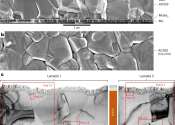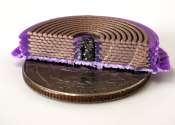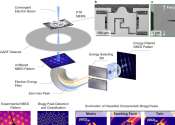'Urban mines': How to unlock our electronic junk's potential
Instead of developing new mining infrastructures, what if we recovered the metal deposits contained in the electronic objects we no longer use, such as smartphones or computers? There are very good reasons for focusing on ...
Feb 29, 2024
0
1









